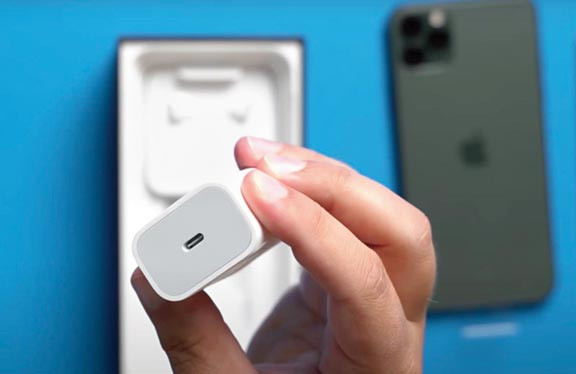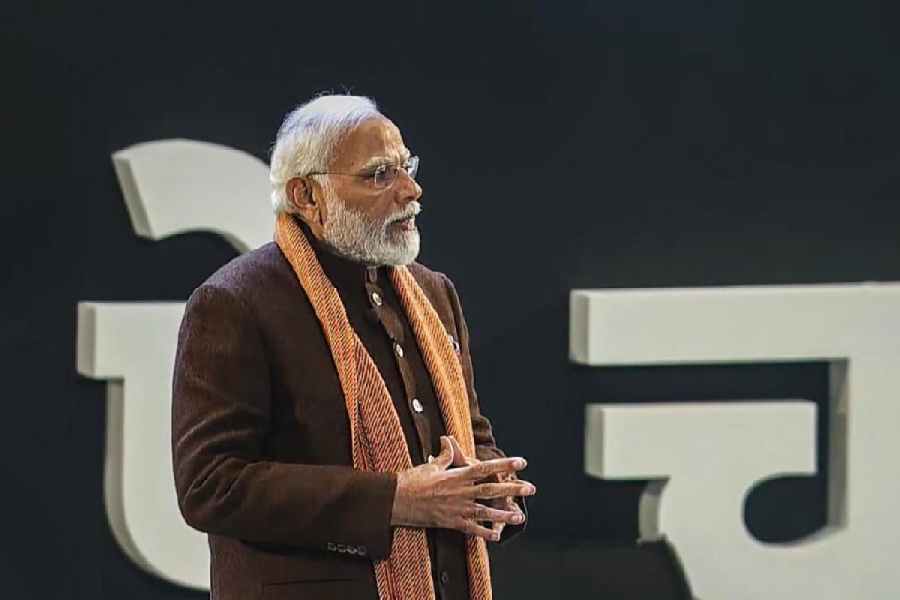Apple will have to change the connector on iPhones sold in Europe by 2024 after EU countries and lawmakers agreed on Tuesday to a single mobile charging port for mobile phones, tablets and cameras in a world first.
The political intervention, which the European Commission said would make life easier for consumers and save them money, came after companies failed to reach a common solution.
Brussels has been pushing for a single mobile charging port for more than a decade, prompted by complaints from iPhone and Android users about having to switch to different chargers for their devices.
iPhones are charged from a Lightning cable, while Android-based devices use USB-C connectors.
Half the chargers sold with mobile phones in 2018 had a USB micro-B connector, while 29 per cent had a USB-C connector and 21 per cent a Lightning connector, according to a 2019 commission study.
“By autumn 2024, USB Type-C will become the common charging port for all mobile phones, tablets and cameras in the EU,” the European Parliament said in a statement.
EU industry chief Thierry Breton said the deal would save around 250 million euros ($267 million) for consumers.
“It will also allow new technologies such as wireless charging to emerge and to mature without letting innovation become a source of market fragmentation and consumer inconvenience,” he said.
Apple, which has warned the proposal would hurt innovation and create a mountain of electronic waste, did not immediately respond to a request for comment.
“We are proud that laptops, e-readers, earbuds, keyboards, computer mice, and portable navigation devices are also included,” said lawmaker Alex Agius Saliba who steered the debate at the parliament.
Laptops will have to comply with the legislation within 40 months of it entering into force. The EU executive will have the power in future to harmonise wireless charging systems.
The fact the deal also covers e-readers, earbuds and other technologies will affect companies like Samsung, Huawei and other device makers.











